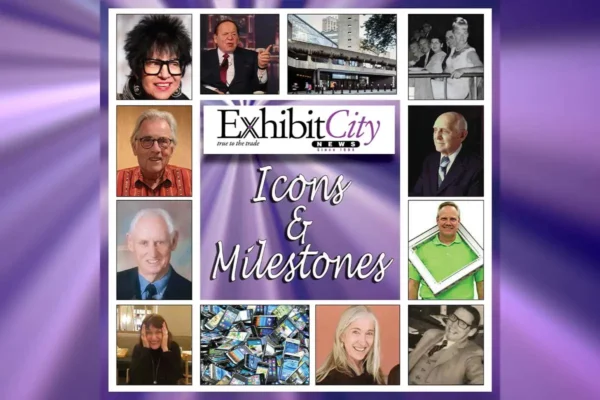Google Translate, Whatsapp, Skype and XE Currency Can Help
by F. Andrew Taylor
If you’re traveling and doing business internationally, chances are that you’ve wished for help exchanging currency, translating menus, getting directions and calling home. Here are a few apps, available in all major platforms, that will help you when traveling and working internationally. There aren’t a lot of surprises in this list as it’s likely you’ve probably got enough challenges just trying to order breakfast.
Your first problem may simply be figuring how much local cash you’ll need to pay for that breakfast. You might go to an ATM in South Korea and take out 1,000 won (the South Korean monetary unit) only to discover that isn’t enough to pay for even some simple gaeran tost-u ( a breakfast sandwich with cabbage and brown sugar).
There are scores of currency exchange rate programs, but by far the favored one is XE Currency. Online it tracks the live rates of currency exchange. You can download the currency rates for the countries you’ll be visiting for offline conversion.
To read that menu you could try one of the many translation apps available, but tried and true Google Translate is one of the most popular for several reasons. It can translate text in 103 languages if you’re online and 59 languages offline. For offline translation you need to download the particular languages beforehand.
You can also take a photo of a sign and get a translation of the sign or talk into your mobile device. There’s even a mode that should translate on the fly with two speakers talking into the same device in their own language in 32 languages. I say “should” because a recent update seems to have created bugs for some of the more complex features of the app and users of some languages complain that the translations are off. The change is so recent that chances are most of those bugs will be fixed by the time you need them.
Language is a complex subject and any translation program should only be used for basic translation to help individuals communicate. The internet is full of signs and instruction manuals that were poorly translated and are hilarious to native speakers but fail to impart anything close to the proper information. Google translate should get you through most, greetings, menus and help you sort out the signage on the tradeshow floor.
For communicating with the home office, or just the home, two popular apps cover most situations: Whatsapp and Skype. For secure communications, Whatsapp allows user to send messages, photos, videos, voice messages and documents with end-to-end encryption. The security is so effective that some less open countries, such as China, have blocked it.
Skype is such a popular app that it’s become a verb. Initially the program was created as a videochat provider, but it has since expanded to also become one of the least expensive ways to make international calls. You’ll need to buy Skype credit or a subscription and then download the app. The rest is pretty simple, if not terribly secure. There has been hacking and other security breaches and the company has been known to share data with the authorities, so it’s best to keep Skype communications to conversations you wouldn’t mind anyone hearing. “How’s the expo?” and “Can you send over another 5,000 flyers?” is fine. Bank account numbers and compromising photos? Not so much.
F. Andrew Taylor is an award-winning journalist, artist, photographer, cartoonist and illustrator. He also works in film production, does local historical research and has been an amateur stunt driver and rodeo participant. He can be contacted at fandrewt@exhibitcitynews.com.
This story originally appeared in the May/June issue of Exhibit City News, p. 16. For more pictures and original layout, visit https://issuu.com/exhibitcitynews/docs/may-jun_ecn2018






























